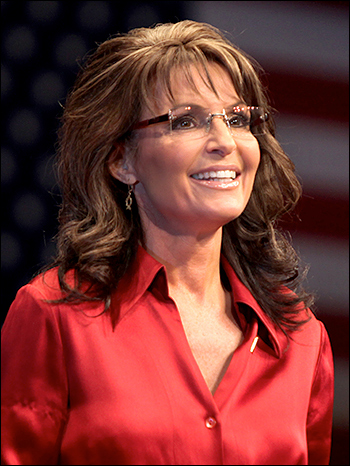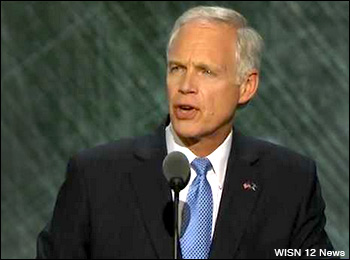By Jim Ellis
Aug. 4, 2021 — The Alaska Survey Research firm released a new Alaska Senate poll finding Sen. Lisa Murkowski (R) improving her standing, but an even more drastic potential development has surfaced.The poll (July 11-21; 947 registered Alaska voters, online) shows Sen. Murkowski posting her best numbers of the year, leading former State Administration Commissioner Kelly Tshibaka (R), 36-27 percent. Tshibaka, already the candidate who the Alaska Republican Party and former President Donald Trump have officially endorsed, was leading the senator in earlier published surveys (Change Research: May 22-25; 1,023 likely Alaska voters, Tshibaka 39-19 percent. Cygnal: released March 29; 500 registered Alaska voters, Tshibaka 34-19 percent).
In the July ASR poll, state Sen. Elvi Gray-Jackson (D-Anchorage) and former Senate nominee Joe Miller (R/Libertarian) trailed the two leaders with 19 and 18 percent, respectively. Under Alaska’s new top-four primary system, all four of these candidates, however, would advance into the general election.
In even better news for Sen. Murkowski, the ASR poll tested her against Tshibaka in a head-to-head match-up and the incumbent would defeat the challenger, 55-45 percent. The bad news for Murkowski is the new Alaska voting system will not allow for such a pairing. Beginning with the 2022 election, all candidates run on a jungle primary ballot in the Aug. 16, 2022, nomination contest and the top four contenders, regardless of percentage attained will advance into the general election. Therefore, testing for a one-on-one ballot test should no longer be applicable in analyzing the Alaska electoral system.
Beyond the poll, a new development could be on the Alaska political horizon. Over the weekend, former Alaska governor and 2008 vice presidential nominee, Sarah Palin, addressed a group of evangelical Christian leaders. Asked if she would run for the Senate, Palin retorted, “if God wants me to run for the US Senate next year, I will.” She then, however, scolded the leaders saying, “I would say you guys better be there for me this time, because a lot of people were not there for me last time.”






 April 24, 2020 — A series of surveys were conducted by several independent pollsters in the most critical states that will likely determine the outcome of the 2020 presidential campaign, and the results are somewhat conflicting.
April 24, 2020 — A series of surveys were conducted by several independent pollsters in the most critical states that will likely determine the outcome of the 2020 presidential campaign, and the results are somewhat conflicting.